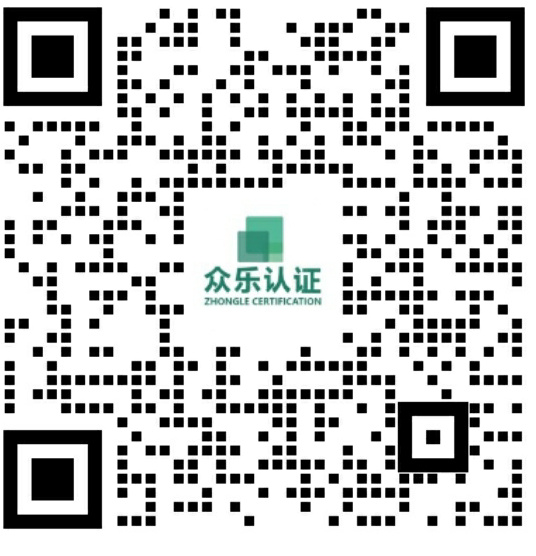With the development of various devices of Bluetooth headset to the current Bluetooth speaker, Bluetooth products have become hot daily necessities. Bluetooth products are exported to different countries / regions, and the certification, test standards and test items are different. Let's see what related certification will be?
一、BQB certification
Bluetooth Qualification Body
Bluetooth Qualification Body With Bluetooth function and if you want to put the Bluetooth logo (Bluetooth logo) on the external appearance of the product, you must pass the BQB (Bluetooth Qualification Body) certification, which is mandatory.

The BQB certification requirements
1) Test;
2) Document production;
3) Document submission;
4) Evaluation and review;
5) Supplier consistency statement;
6) Compliance with the audit and mandatory procedures.
二、China SRRC Certification
If your Bluetooth products need to be sold in China, you must obtain the radio model approval certification (Radio Type Approval Certification), as SRRC is mandatory by the National Radio Regulatory Commission.

SRRC Certification Information:
1) Application form;
2) Power of attorney;
3) Commitment letter;
4) Business license (the annual inspection cannot expire);
5) The prototype and quantity shall vary according to different products, and some prototypes shall need to lead to RF line (and RF port or SMA port);
6) ISO certificate or company profile and company capability description; 7) Product specification, circuit diagram, instruction manual, block diagram and operation description;
8)Antenna gain;
9)Test guidance;
10)Color photos and nameplates of EUT (must include each interface and each side);
11) Frequency channel control table (if multiple working channels need to be provided);
三、Taiwan, China NCC certification
If your products want to be sold in Taiwan, you also need to do NCC certification. NCC is short for Taiwan Communication Commission (The National Communications Commission), which mainly controls the communication and information equipment circulated and used in the Taiwan market.

NCC Certification Information:
1) Schematic diagram of the product circuit;
2) Product block diagram;
3) Product specifications;
4) Product description;
5) The BOM table;
6) Service application form;
7) Factory ISO9001 certificate;
8) Antenna specifications.
四、Japan TELEC certification
The Japan TELEC certification is called the Japan radio wave method, also known as the MIC certification, which is a mandatory certification for wireless products in Japan.

Information required for the TELEC certification:
1)Instructions;
2)Box diagram;
3)Circuit schematic diagram;
4)Operation description; (i. e. description of the working principle of chip and crystal vibration in the box diagram, including the model and crystal vibration information)
5)BOM; (all crystal vibration information and chip model and all device numbers)
6)PCB Layout;
7)Position map; (i. e. position map of components on PCB board)
8)label; (to indicate the size and the position map on the product, reflecting the size of MIC logo, MIC number and MIC logo)
9)ISO9001;
10)Antenna specifications;
11)Module specification document;
Note: All the above materials should be in English / Japanese.
五、South Korea KCC certification
KCC is the safety certification mark of South Korea and belongs to the mandatory certification of South Korea. Domestic and foreign manufacturers must obtain South Korean security certification before exporting electronic products to South Korea. Bluetooth products exported to Korea KCC is mandatory certification, it should be noted that in addition to the finished KCC, if the product with a battery or adapter, battery and adapter need to do KCC certification. If the product is high pressure, the need to send the customs code to query whether to do KCC certification.

KCC certification information:
1) Relevant application form;
2) Product label;
3) Product description;
4) Parts list;
5) List of derived models;
6) Circuit diagram and Layout;
7) Parts certificate;
8) Transformer, inductance and other specifications;
9) CB certificate and report (if any).
In addition, attention should also be paid to the problem of factory inspection. The Korea Security Law stipulates that a factory needs its first factory review after accepting an application. After the certificate is authorized, the certification body conducts annual follow-up review of the factory every year, and the main purpose is to check the consistency of the quality control system of the factory and whether it can continue to comply with the standards of the Safety Law.
If you want to know the details, welcome to contact us:ZL Miss Zhou:+86 13417442373
Please use skype to scan




